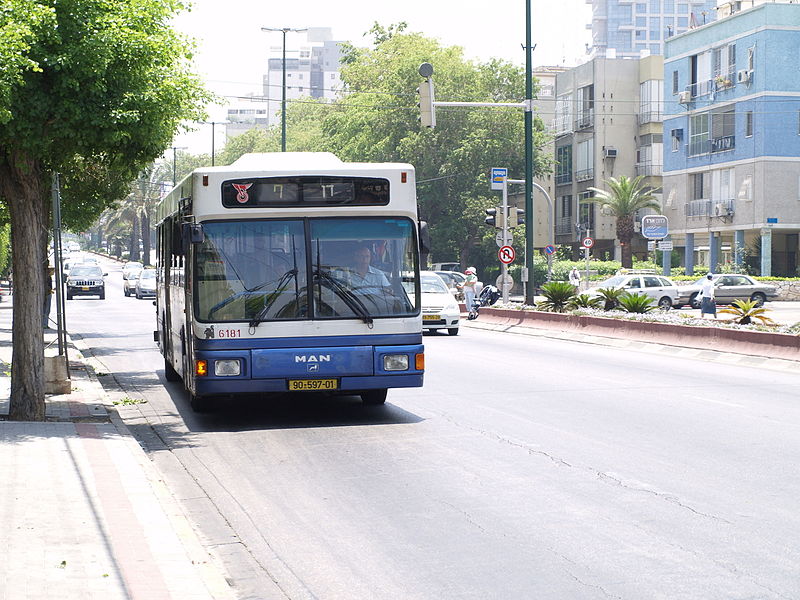At the end of October, the Tel Aviv-Jaffa Municipal Authority announced a pilot program introducing bus service in the city and the greater Gush Dan region on Shabbat. The network is expected to be operational before the end of 2019, with routes in Tel Aviv-Jaffa, as well as nearby municipalities like Givatayim, Kiryat Ono and Ramat Hasharon.
DaviPlans are for the buses to run Friday night from 6 p.m. to 3 a.m., and from 9 a.m. to 6 p.m. on Saturday, with up to three buses on each of the routes per hour. The program will be free to riders in order not to be classified as public transit, which would violate the 1947 “status quo” agreement between David Ben-Gurion and Israel’s organized Orthodox community that has effectively outlawed bus service on Shabbat in the country ever since.
Tel Aviv isn’t the only Israeli city where people are finding ways around the status quo. Nearby, Ramat Gan also has a Shabbat bus program. Meanwhile, Jerusalemites have had Saturday bus service – the cleverly named Shabus – for almost five years now. Riders pay an annual membership fee, and since the service is nominally private, it does not run afoul of the Shabbat bus laws. (At least not yet: religious political parties have urged the government to crack down on private services in prior years, and some recent media reports suggest those same parties want an outright ban as part of any coalition deal going forward.)
“Religious life in Israel is changing,” Dow Marmur writes in this week’s CJN, describing “the process of the ‘Israelization’ of Judaism.” “The Israeli Judaism of tomorrow will include traditional religious practices, but shun halakhah (religious law),” he argues. “Adherents might make Kiddush on Friday night, but go shopping on Saturday morning. They may have a traditional seder, but go to the beach instead of attending services on Passover.” In Tel Aviv, Jerusalem and beyond, the proliferation of Shabbat bus service may be a manifestation of this process.
But even as Israelis continue to figure out what Judaism means to them in the 21st century, they also look to the Diaspora for insight on how to develop Jewish community. Last week, Toronto welcomed a group of community leaders from Israel’s Eilat-Eilot for a program developed by the Mandel Leadership Institute and UJA Federation of Greater Toronto. They visited Jewish organizations, small and large, and also got a close-up view of the city’s startup culture, including a tour of Google’s Sidewalk Labs initiative.
Speaking with the group, you could get a real sense of the challenges facing Eilat-Eilot. To many, the city is an international tourist hub. But that ignores the larger reality of the area and its inhabitants, a mix of city-dwellers in Eilat and the network of kibbutzim – some of which still operate in the classic communal structure, others that are more amenable to private ownership – that comprise most of Eilot.
One of the biggest issues in Eilat-Eilot is younger people leaving for Tel Aviv and other Israeli hubs. As one of the visitors noted, the city is home to the largest number of single-parent households in the country. People come to Eilat-Eilot for a fresh start, she explained, but once they feel like they are on solid footing again, they often leave.
READ: FROM YONI’S DESK: CANADA TO GET A TASTE OF ISRAEL’S POLITICAL INSTABILITY
Solving the city’s problems won’t be easy or happen quickly, but the group that came to Toronto for a crash-course in community proved just how committed they are to the cause. Given time and resources, they’ll figure it out, and we’ll be here, as always, to lend a helping hand.
